When do I need to take my teacher certification test? When is the best time to test so that I can be successful? These are questions that many teacher candidates have, and the answers can vary widely. However, there are steps you can take to ensure that you are successful on your test and receive your scores in time to apply for certification.

The first step is to identify when you plan to apply for teacher certification. If you are enrolled in a teacher preparation program, whether university-based or alternate route, you likely have access to an advisor or director of teacher preparation who can help you identify when you should take your test.
Some programs require candidates to test before student teaching so that they do not reach the end of their program and have to retake a test, which would delay graduation or completion. Some programs prefer that you take your certification tests during student teaching, as you would have then completed all of your coursework. It’s a good idea to reach out to your advisor to determine when your program requires you to test based on your graduation or program completion date.
If you are a provisionally licensed teacher who is already serving in the classroom and need to take your certification tests to earn initial, or full, certification, you may need to identify when to take your test based on when you plan to submit your application for certification. This will typically take place during the spring of your final year on a provisional license. Your district or division likely has a human resources professional who can help you identify your timeline.
Once you have identified the timeline for submission of your licensure application or your program’s requirements for testing, you can then work backwards to prepare to take your tests. By visiting your state’s licensing or educational agency website, you can identify which tests you need to take for your certification area (check out our blog about how to determine which tests are required for more information!). You will then likely be directed to the testing company’s website to register for your tests, where you will find information about when each test is offered, where you can take the test, and the passing score required for your state. Next, it’s time to study!
You can begin to prepare by identifying the content that is covered on each test you are required to take. Passage Preparation courses help you do this by breaking down the test, identifying the content categories, and providing in-depth study materials and practice items to help you prepare. It is important to identify the specific content and standards included on each test because this allows you to focus your study on content that is heavily emphasized on the test and content with which you feel you are less prepared or need to study more.
You have likely already been introduced to the content covered on your test either through your preparation program or through your bachelor’s degree, but it is important to prepare and refresh your understanding of the standards and substandards covered on your test, as well as the way the test items are structured, in order to be successful. Passage Preparation courses offer a study plan feature so that you can identify the areas you need to focus on through a diagnostic assessment and then prioritize the content you need to study by working at your own pace and in your own order.
Allow yourself ample time to study based on your test date so that you do not feel rushed and can truly understand the material. You may want to plan for four to six weeks to study for a given exam, so set an exam schedule and then work backwards to plan study time for each exam you need to take. It’s also important to schedule your exams when you will have ample study time. For example, you probably don’t want to schedule a certification exam for the week after you return from spring break, as you likely won’t be studying much at the beach!
Passage Preparation courses offer the ability to study at your own pace by providing you rich content and practice test opportunities through asynchronous courses. Our courses guide you to develop a study plan so you can prioritize the areas with which you need the most practice in order to be successful on test day. We also provide study and test-taking tips, helping you feel confident about your test. Check out our test-taking tips webinar to learn more!









